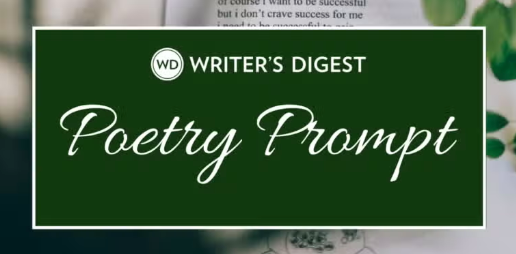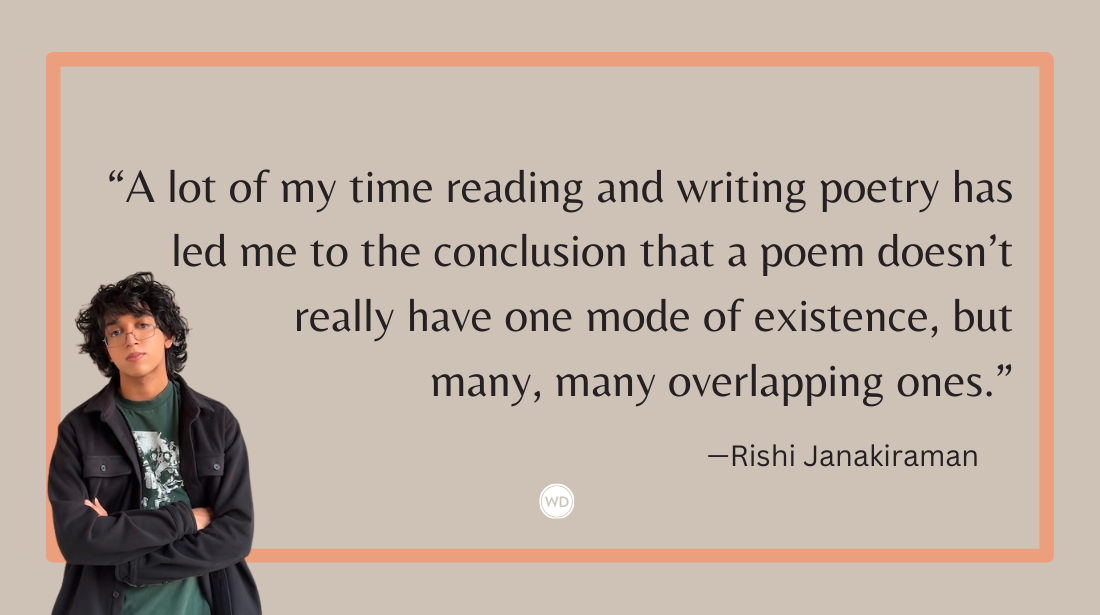2015 November PAD Chapbook Challenge: Next Steps
Okay, here are the next steps for this challenge. Before you dive into them, click here to read the original guidelines for the challenge. Step One: Write the Poems We…
Okay, here are the next steps for this challenge. Before you dive into them, click here to read the original guidelines for the challenge.
Step One: Write the Poems
We accomplished this step during the month of November. We have 30 prompts to prove it.
Step Two: Revise the Poems
This step is optional, though I highly encourage taking a look over your first drafts and playing around with them in December.
*****
Re-create Your Poetry!
Revision doesn’t have to be a chore–something that should be done after the excitement of composing the first draft. Rather, it’s an extension of the creation process!
In the 48-minute tutorial video Re-creating Poetry: How to Revise Poems, poets will be inspired with several ways to re-create their poems with the help of seven revision filters that they can turn to again and again.
*****
Step Three: Collect the Poems
I’m looking for 10-20 pages of poems. Not more than one poem per page, though it’s okay to have more than one page per poem. If you wrote every day in the challenge, this means you’re going to have to make tough decisions about which poems to include.
A couple recommendations:
- Look for quality first. That’s what I’ll be looking for first.
- Search for a theme. It might be a storyline, common subjects, a voice, a mood, etc. Not necessary, but this can make a collection stronger.
Step Four: Format the Manuscript
I’m really not too picky here, but I do want all the poems in the same file. There are few things that irk me more than receiving 20 individual files.
Here are a few guidelines:
- 10- to 12-point font like Arial or Times New Roman (or something simple like that) is preferred. In other words, nothing too fancy.
- 1″ margins–give or take.
- .doc, .docx, .txt files are my favorites. But if you’re unable to do those, .pdf can work too.
- Please include your name and contact information.
- Please include a title for the manuscript.
- Table of Contents is not mandatory, but it’s a nice touch.
- Feel free to include a bio–but I’ve never used a bio to guide my judging.
- Please no images.
Also, I won’t accept/consider manuscripts that include more than 20 poems with instructions that I pick my favorites. That’s not how this challenge works. You’re the poet; you need to make the artistic decisions.
Step Five: Submit the Manuscript
Submit manuscripts to robert.brewer@fwcommunity.com with the subject line: 2015 November PAD Chapbook Challenge. I have a very busy inbox–so the e-mail subject line is very, very important. Very. Deadline: January 15, 2016.
Step Six: Wait for Judging
My goal is to make a decision by spring. March 20, 2016. If I hit that goal, we should be ready to jump into the 2016 April PAD Challenge with some excitement.
*****
Robert Lee Brewer is Senior Content Editor of the Writer’s Digest Writing Community and author of the poetry collection, Solving the World’s Problems (Press 53). He edits Poet’s Market and Writer’s Market, in addition to writing a free weekly WritersMarket.com newsletter and a poetry column for Writer’s Digest magazine.
This is his eighth year of hosting and participating in the November PAD (Poem-A-Day) Chapbook Challenge. He can’t wait to see what everyone creates this month–not only on a day-by-day basis, but when the chapbooks start arriving in December and January. Fun, fun, fun.
Follow him on Twitter @robertleebrewer.
*****






